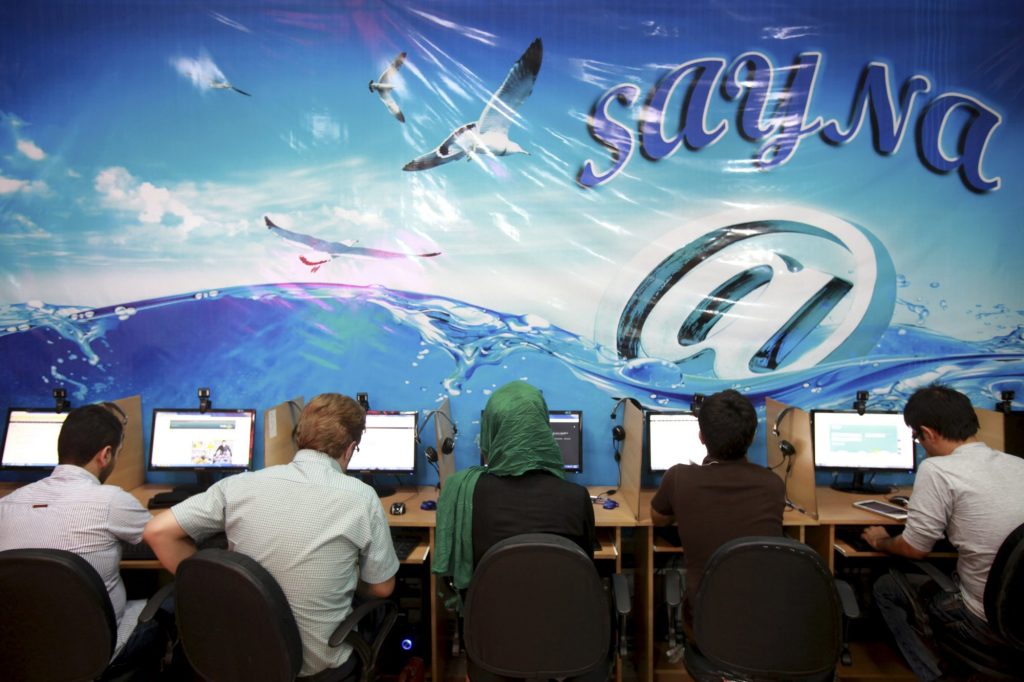DUBAI, United Arab Emirates (AP) — As Iran approaches the 40th anniversary of the revolution that brought its theocratic government to power, it tries to maintain a fierce control on the flow of information to the public.
That includes trying to exert control over cyberspace through its plans for a so-called “halal net,” a totally locally controlled version of the internet. Meanwhile, its intelligence services are believed to run squads of hackers.
Over the past four years, authorities have encouraged wider use of the internet among Iranians, hoping to generate the benefits of a more modern economy. As a result, nearly half the population have in their pockets a tool that the state is struggling to constrain: smartphones.
Those smartphones helped spread the startling burst of protests across Iran that opened 2018.

















